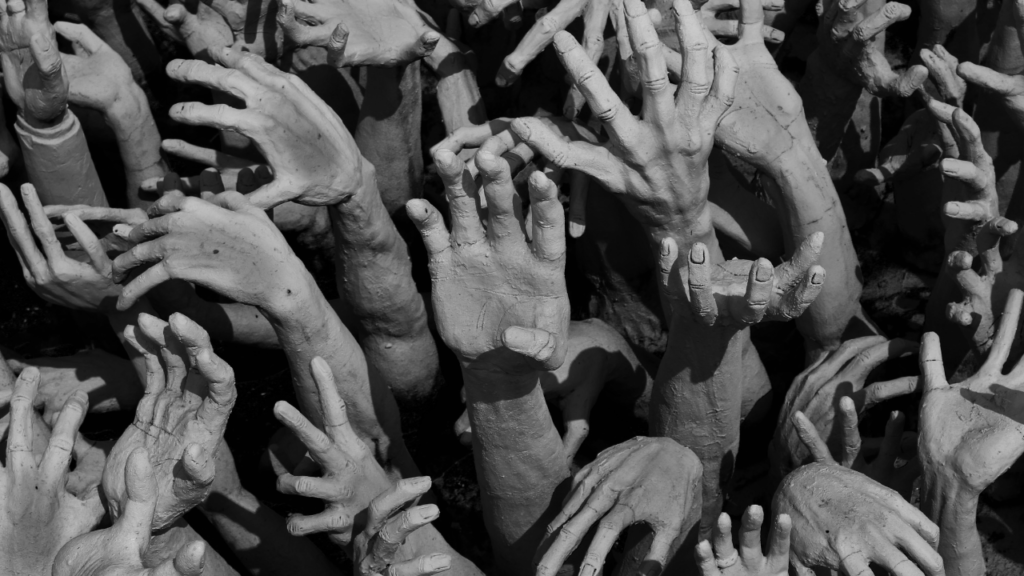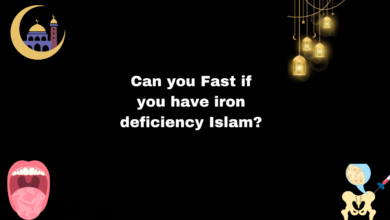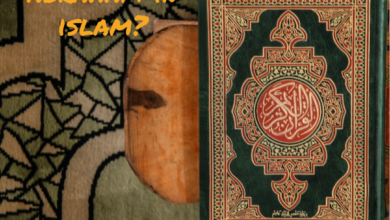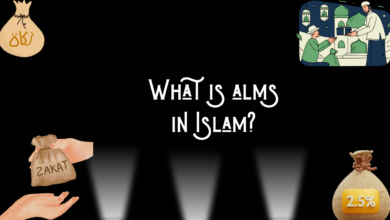
Islam hell
Hell in Islam is referred to as “Jahannam.” It is a place of punishment and torment for those who have committed grave sins and have not repented or sought forgiveness.

Introduction
The concept of Hell is a fundamental aspect of many religious belief systems around the world, including Islam. In Islamic tradition, Hell is a place of punishment for those who have committed grave sins and have not repented for their actions. While the idea of Hell can be daunting, it is important to understand its significance within the context of Islamic theology and the broader moral and ethical framework of the religion.
The Nature of Hell in Islam
In Islam, Hell is referred to as “Jahannam.” It is described as a place of intense heat and suffering, a stark contrast to the tranquility and bliss of Heaven (Jannah). The Quran, the holy book of Islam, provides vivid descriptions of Hell’s torments to serve as a deterrent against sinful behavior. These descriptions include intense flames, boiling water, and a range of agonizing punishments for the inhabitants.
Theology of Punishment
The concept of Hell in Islam serves several theological and moral purposes. Firstly, it emphasizes the importance of individual accountability. Muslims believe that every soul will be judged by Allah (God) based on their deeds, and Hell serves as a reminder that actions have consequences. It encourages believers to strive for righteous behavior and to avoid sinful acts.
Secondly, Hell underscores the concept of justice in Islam. It is a place where the wrongdoers, who may have escaped earthly justice, will face divine justice. The Quran often mentions that Allah is the Most Just, and Hell is a manifestation of His ultimate justice.
Also Check
Repentance and Forgiveness
While Hell is portrayed as a place of punishment, Islamic theology also emphasizes the concept of repentance and forgiveness. Muslims believe that Allah is merciful and compassionate and is willing to forgive those who sincerely repent for their sins. Repentance is not just about feeling remorse but also about making amends and striving to lead a righteous life.
The Quran mentions, “Say, ‘O My servants who have transgressed against themselves [by sinning], do not despair of the mercy of Allah. Indeed, Allah forgives all sins. Indeed, it is He who is the Forgiving, the Merciful.'” (Quran, 39:53)
This verse highlights the hopeful aspect of Islam’s teachings regarding sin and forgiveness. It encourages believers to turn to Allah with sincere repentance and seek His forgiveness, even if they have committed grave sins.
The Purpose of Hell
In Islam, Hell is not intended to be a permanent dwelling for all sinners. Instead, it serves as a place of purification and rectification. Muslims believe that those who have committed sins and have not repented may spend a period in Hell, the duration of which is determined by their deeds. After their purification, they may eventually enter Paradise.
Conclusion
The concept of Hell in Islam is a significant aspect of the religion’s theology and moral framework. It underscores individual accountability, divine justice, and the importance of repentance and forgiveness. While Hell is described as a place of punishment, it also reflects the mercy and compassion of Allah, who is willing to forgive those who sincerely seek His forgiveness. Ultimately, the understanding of Hell in Islam serves as a reminder to strive for righteousness and to be mindful of one’s actions in this life.

(FAQs) about hell in Islam:
What is hell in Islam?
Hell in Islam is referred to as “Jahannam.” It is a place of punishment and torment for those who have committed grave sins and have not repented or sought forgiveness.
Who goes to hell in Islam?
Hell is for those who have knowingly and persistently committed major sins, rejected the message of Islam, or associated partners with Allah (Shirk). Ultimately, Allah’s judgment determines who goes to hell.
How is hell described in Islamic texts?
Islamic texts describe hell as a place of intense heat, suffering, and punishment. It is depicted as having different levels, with each level being more severe than the one below it.
Is hell eternal in Islam?
In Islam, hell is generally considered to be eternal for those who are sentenced to it by Allah. However, there is room for debate among scholars regarding the duration of punishment for some individuals.
Can someone be forgiven and saved from hell in Islam?
Yes, Islam teaches that sincere repentance, seeking forgiveness, and turning back to Allah with a sincere heart can lead to forgiveness and salvation from hell. Allah is described as the Most Merciful and Forgiving.
Are there different levels of punishment in hell?
Yes, Islamic tradition mentions different levels of punishment in hell, with the severity of punishment corresponding to the gravity of one’s sins. The worst punishments are reserved for those who committed the most heinous crimes.
What are some sins that can lead to hell in Islam?
Major sins such as murder, adultery, theft, lying about Allah or His Prophet, and usury (riba) are among the sins that can lead to hell. Rejecting faith (kufr) and associating partners with Allah (Shirk) are also considered grave sins.
Can non-Muslims go to hell in Islam?
According to Islamic belief, individuals will be judged based on their actions and intentions. While Islam is seen as the true faith, non-Muslims can still enter paradise if they lived righteous lives or if they were not exposed to the message of Islam.
What role do good deeds play in avoiding hell in Islam?
Good deeds and acts of righteousness are essential in Islam and can help individuals avoid hell. However, salvation ultimately depends on Allah’s mercy and judgment.
How can one seek protection from hell in Islam?
To seek protection from hell in Islam, one should have faith in Allah, follow His guidance, avoid sinful behavior, sincerely repent for their sins, and strive to do good deeds. Additionally, seeking forgiveness through prayers and supplication is encouraged.






